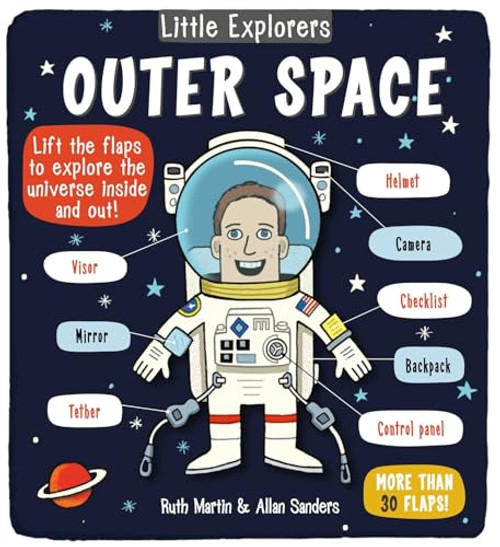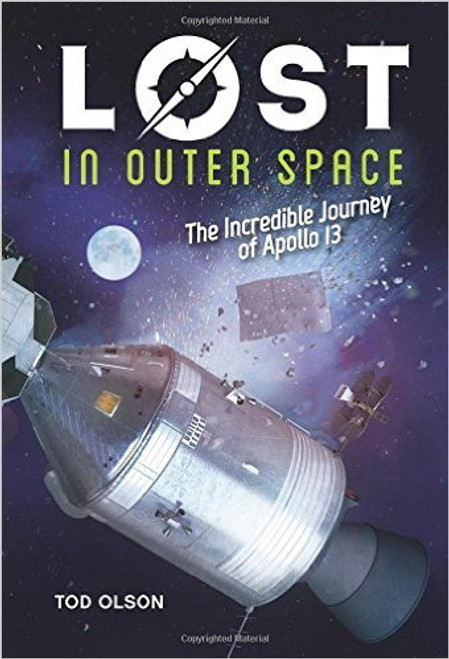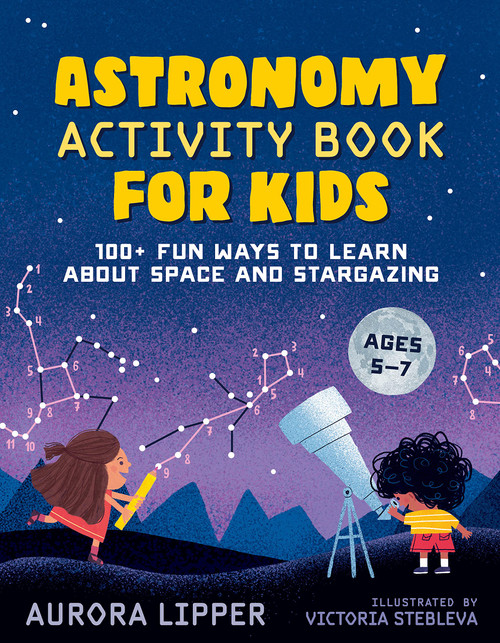Ignite their passion for exploring the night skythe astronomer's guidebook for kids ages 7 to 13 "No matter how many times you've orbited the Sun, Astronomy for Kids is really for kids of all ages. Dr. Betts shows you how to become an astronomeran observer of the stars. With this book, you can know the cosmos and your place within it. Read on, walk out, and look up!"Bill Nye, science educator, author, and CEO of The Planetary Society One of the coolest things about outer space is that anyone can explore it. All you have to do is go outside and look up! Using plain sight, binoculars, or a small telescope, Astronomy for Kids shows stargazers how easy it is to explore space, just by stepping outside. With this book as their guide to the northern hemisphere, kids will learn to find and name amazing objects in the night sky. Fully illustrated with fun facts throughout, kids can point out sights to friends and family, saying things like, "that's Jupiter," and, "those stars are the constellation Cygnus the Swan," and maybe even, "that group of stars doesn't have a name but I think it looks like my dog getting belly rubs." From the Milky Way Galaxy to Mars to the Moon's craters and mountainsAstronomy for Kids helps young astronomers discover important parts of our solar system, with: 30 sights for the naked eye (yes, 30!) objects to see without any equipment, including Orion's Belt, the Big Dipper, Mars, and even the International Space Station. 25 sights magnified with binoculars or a basic telescope to make objects in the sky easier to find and explore. Plus, buying tips and usage tricks to get the most out of astronomy equipment. Clear illustrations that show kids where to look and what they can expect to see. Like all big things, outer space is something you have to see to believe. Astronomy for Kids teaches kids that planets, shooting stars, constellations, and meteor showers are not only in booksbut right above them.
Astronomy for Kids: How to Explore Outer Space with Binoculars, a Telescope, or Just Your Eyes!
Rockridge Press
$11.93 - $18.43
- UPC:
- 9781641521437
- Maximum Purchase:
- 2 units
- Binding:
- Paperback
- Publication Date:
- 11/13/2018
- Release Date:
- 11/13/2018
- Author:
- Betts, Dr. Bruce
- Language:
- English: Published; English: Original Language; English
- Edition:
- Illustrated
- Pages:
- 180










